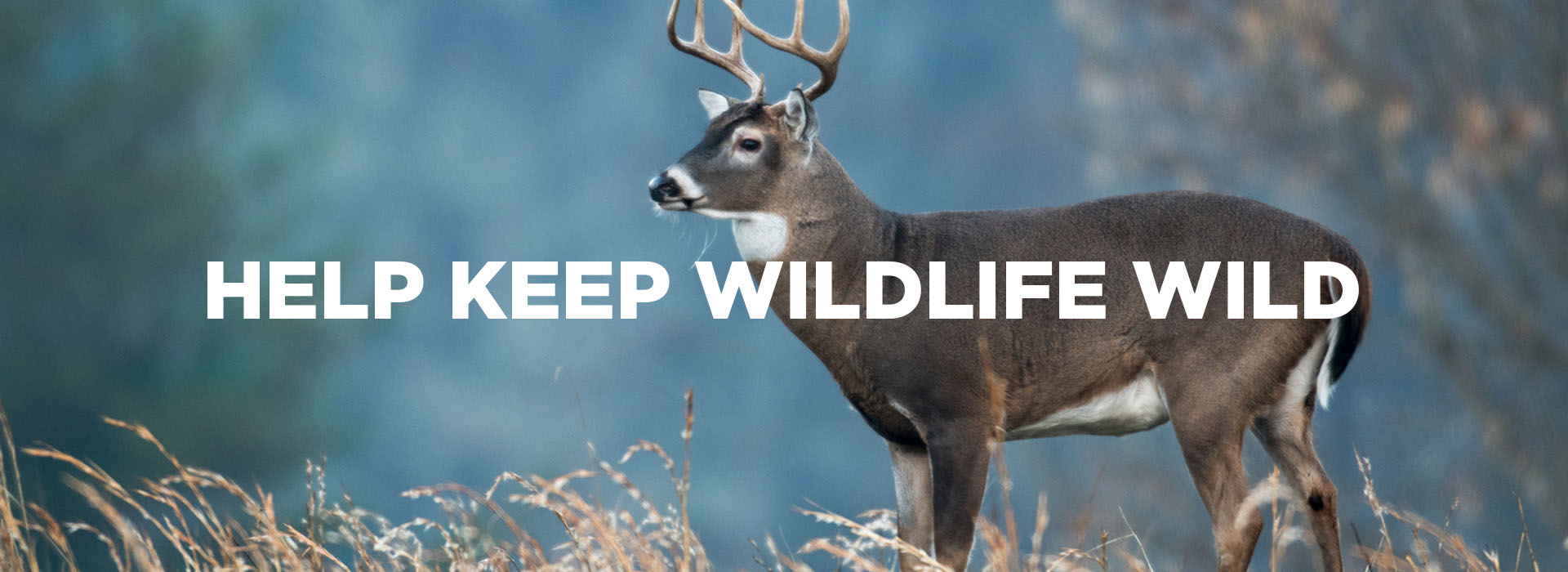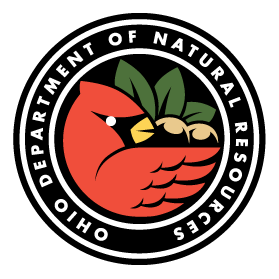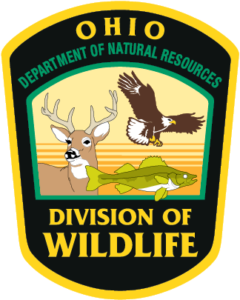You can help!
• Please STOP feeding the wildlife. Feeding is more harmful than helpful.
• View wildlife from a distance and take binoculars to see animals up close.
• Plan your visit for early morning or evening hours when animals are most active.
• Share this knowledge with others.
Download our Do Not Feed flyer PDF
Additional Resources
For additional resources on keeping wildlife wild, visit the Ohio Department of Natural Resources
Are you harming the animals?
Every day many well-intentioned people harm wild animals by feeding them. This constant interference affects both the animals and people in negative ways.
Feeding wildlife causes:
• Poor nutrition
• Spread of disease
• Loss of instincts
• Polluted water
• Property damage
• Rabies and diseases in humans
Poor nutrition
Bread and other processed foods lack the nutrients needed for good health. Visible symptoms of poor nutrition and advanced stages of starvation are often seen at artificial feeding sites. Young ducks and geese raised on bread can grow deformed wings and develop brittle bones.
Spread of disease
Feeding encourages large numbers of ducks and geese to gather in small areas. Overcrowding promotes the spread of life-threatening diseases and moldy bread can be fatal to birds.
Loss of instincts
Ducks and geese that are fed by humans resist their natural instincts to migrate. Many are unable to survive the cold winters. They also lose their fear of humans and become aggressive.
Polluted water
What goes in must come out! Large amounts of bird droppings and the uneaten bread change nutrient levels in the water which can kill fish.
Property damage
Large numbers of ducks and geese cause damage to parks, golf courses, and residential lawns by grazing, trampling, and defecating on the grass.
Rabies and diseases in humans
Though raccoons, squirrels, and chipmunks look cute and cuddly—they can bite! Any wound caused by a wild animal, even a scratch, creates a risk of disease in humans, such as rabies or parasites.






